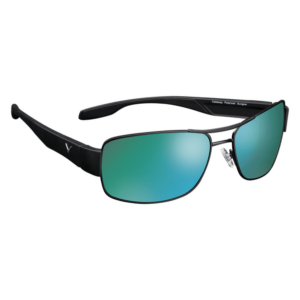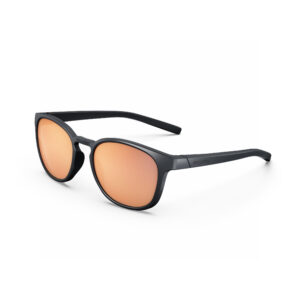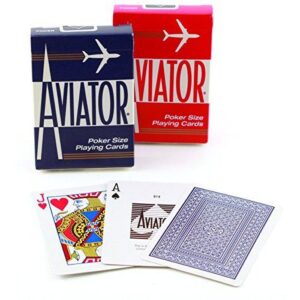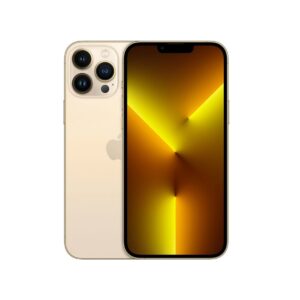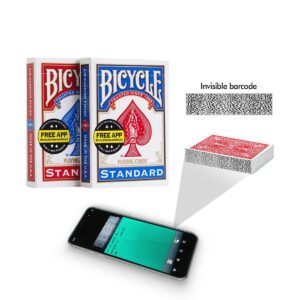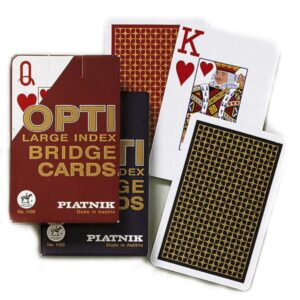Poker scanning devices are advanced tools designed to give players a strategic edge in card games like Texas Hold’em, Omaha, and Blackjack. These devices work by detecting micro barcodes printed on marked cards, enabling users to identify card values and suits discreetly. By leveraging cutting-edge technology, poker scanning devices, such as barcode scanning cameras and poker analyzers, provide real-time data to players, ensuring a competitive advantage without detection. This article explores the technical principles behind these devices, their operational steps, and practical tips for use, drawing inspiration from industry-leading solutions.
What Are Poker Scanning Devices?
Poker scanning devices are sophisticated gadgets that scan micro barcodes on specially marked playing cards. These barcodes, often printed with invisible ink on the edges of cards, are invisible to the naked eye but readable by specialized cameras or analyzers. The devices transmit data to a poker analyzer, which decodes the barcode information and relays the results to the user via a Bluetooth earpiece or display. Common forms include button cameras, wristwatch scanners, and even car key scanners, designed to blend seamlessly into everyday environments.
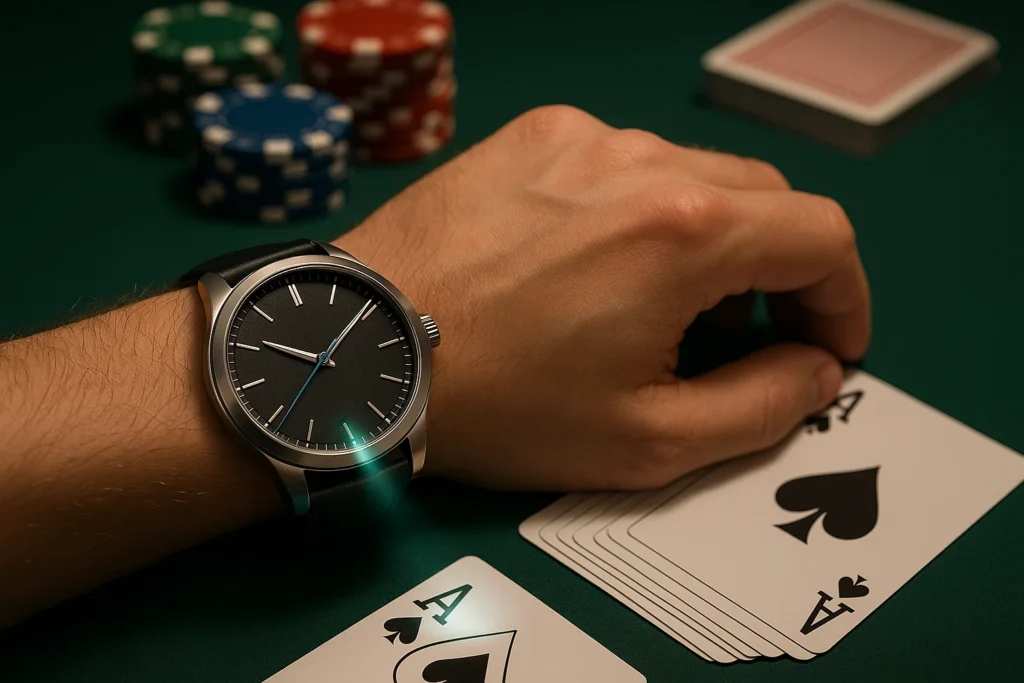
Technical Principles Behind Micro Barcode Identification
Poker scanning devices rely on a combination of optical scanning, signal processing, and data analysis to identify micro barcodes. Here’s how the technology works:
- Invisible Ink and Micro Barcodes:
Marked cards are printed with invisible ink that reflects specific wavelengths, such as infrared. Micro barcodes, typically along the card edges, encode suit and value information in a compact pattern. - Optical Scanning Technology:
The poker scanner, often a high-definition camera embedded in everyday objects like buttons or power banks, captures the barcode’s reflected light. These cameras are tuned to detect infrared or UV wavelengths, ensuring the barcodes remain invisible to standard vision. - Signal Transmission:
Once scanned, the barcode image is sent wirelessly to a poker analyzer, a compact device that processes the data. The analyzer uses advanced algorithms to decode the barcode and determine the card’s identity. - Real-Time Feedback:
The analyzer relays the results to the user via a Bluetooth earpiece or a discreet display, providing instant information about the cards in play. Some systems support multiple signal frequencies to enhance reliability.
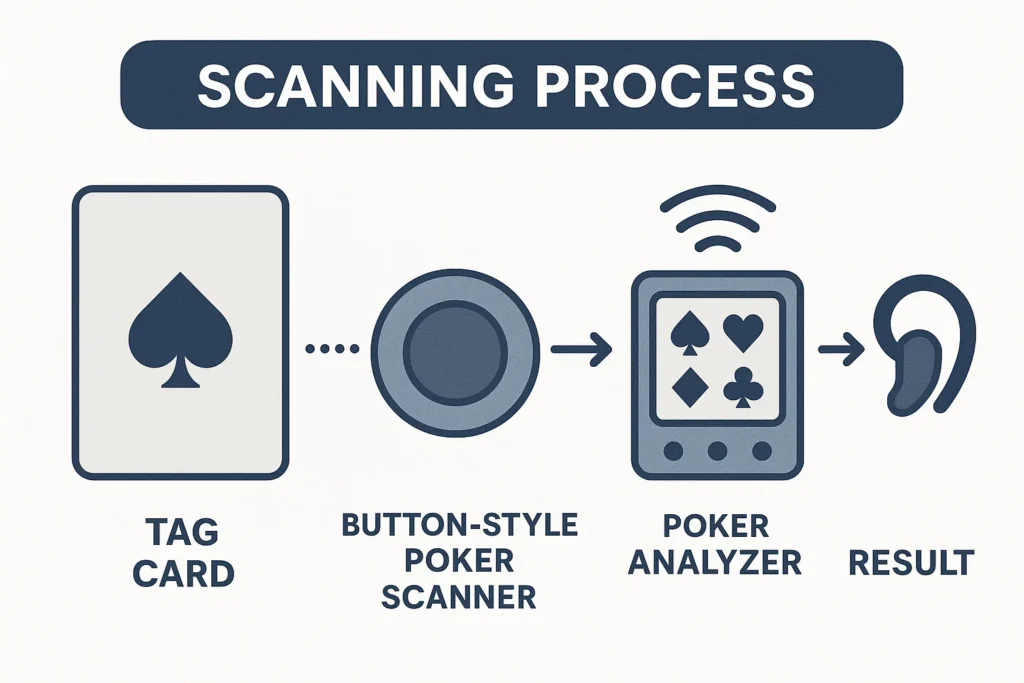
How Poker Scanning Devices Work in Practice
Using a poker scanning device involves a few straightforward steps, but precision and discretion are key. Here’s a guide to operating these devices effectively:
- Prepare the Marked Cards:
Ensure you’re using barcode marked cards compatible with your scanner. These cards should be printed with high-quality invisible ink for reliable detection. - Set Up the Poker Analyzer:
Configure the analyzer for your game (e.g., Texas Hold’em or Omaha) and set parameters like player count and voice mode. Most systems allow adjustments via a controller for flexibility during gameplay. - Position the Scanner:
Place the scanner within its optimal range, typically 20-40 cm or 40-60 cm, depending on the model. For example, a button scanner can be worn under clothing, while a car key scanner rests inconspicuously on the table. - Receive Results:
After the scanner captures the barcode, the analyzer processes the data and sends results to your earpiece. Advanced systems, like those with dynamic scanning capabilities, can even read moving cards.
Tips for Effective Use
- Choose the Right Scanner: Select a device that suits your environment. For instance, a wristwatch scanner is ideal for casual games, while a long-distance zoom lens works in controlled settings.
- Practice Discretion: Ensure the scanner blends into the environment to avoid suspicion.
- Test the System: Before a game, verify that the scanner and analyzer are synchronized and functioning correctly.
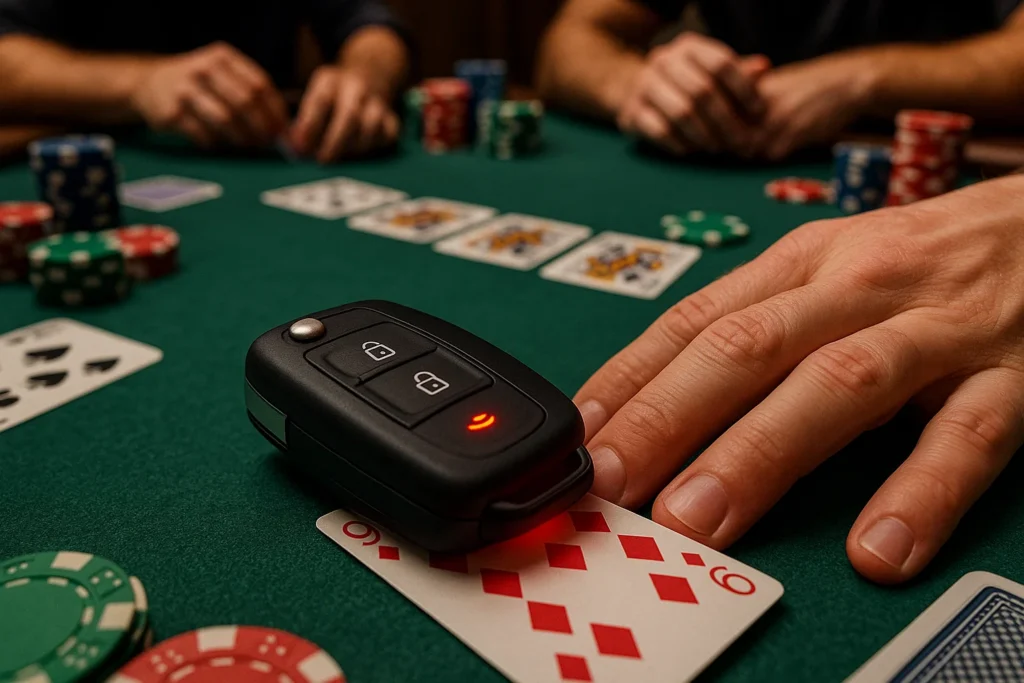
Advantages of Poker Scanning Devices
Poker scanning devices offer several benefits for players seeking a competitive edge:
- Discreet Operation: Scanners are hidden in everyday objects, making them nearly undetectable.
- Versatility: Compatible with various games and card brands, from Copag to Bicycle decks.
- Speed and Accuracy: Advanced systems deliver real-time results with high precision.
- Customizability: Adjustable scanning distances and signal frequencies cater to different scenarios.
FAQ About Poker Scanning Devices
The device uses a camera to scan invisible barcodes on marked cards, sending the data to a poker analyzer that decodes the card’s suit and value, relaying results via an earpiece.
When used correctly, these devices are highly discreet, often hidden in objects like watches or buttons, making them difficult to detect without specialized equipment.
Most scanners operate within 20-40 cm or 40-60 cm, though some advanced models, like long-distance zoom lenses, can scan from over a meter away.
Yes, dynamic scanning cameras, such as radar-based button scanners, can read barcodes on moving cards, enhancing their versatility.
High-quality devices are available from specialized retailers like TNT POKER CHEAT, offering a range of scanners and analyzers for discreet use.
Conclusion
Poker scanning devices represent a pinnacle of gambling technology, combining optical scanning, signal processing, and discreet design to read micro barcodes on marked cards. By understanding their technical principles and following operational guidelines, players can leverage these tools for a strategic advantage in poker games. For those interested in exploring these innovative devices, visit TNT POKER CHEAT for a curated selection of cutting-edge poker scanners and analyzers.





